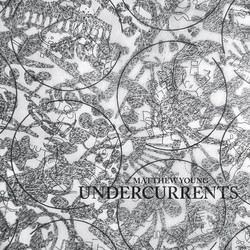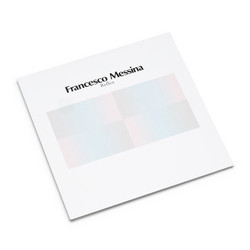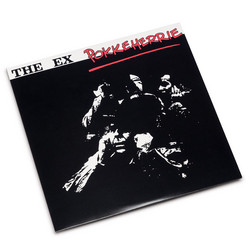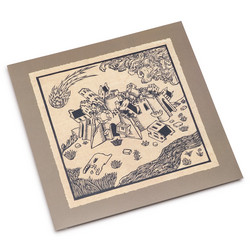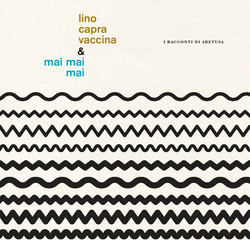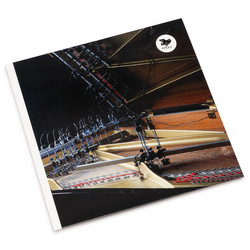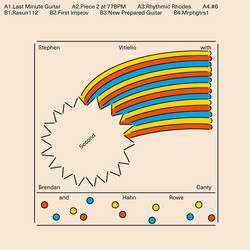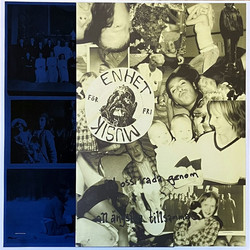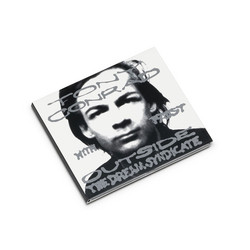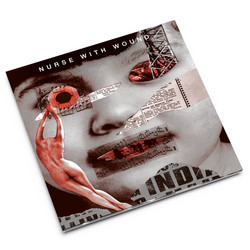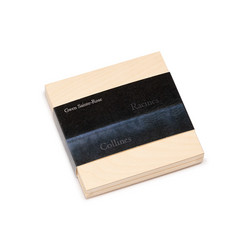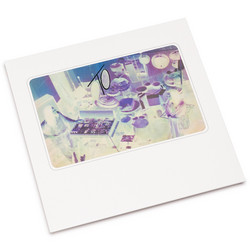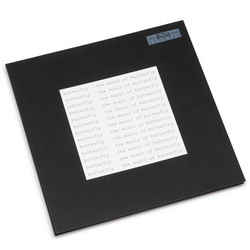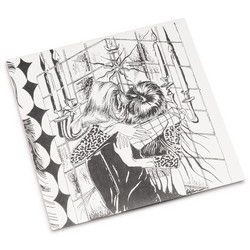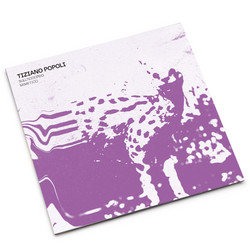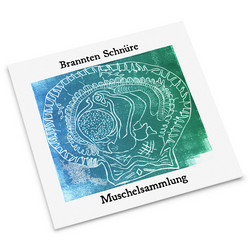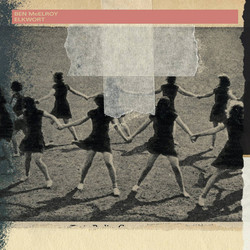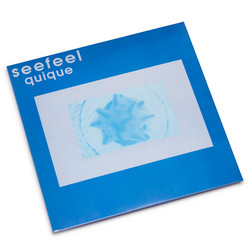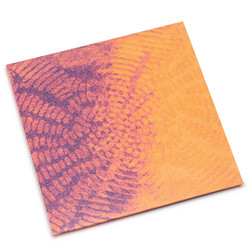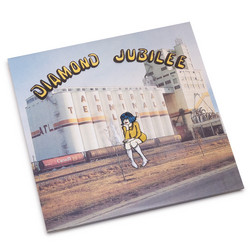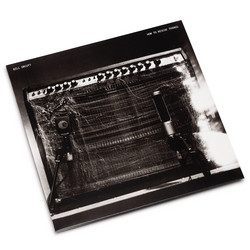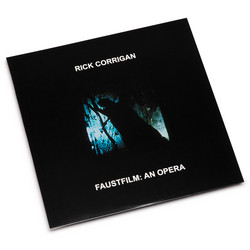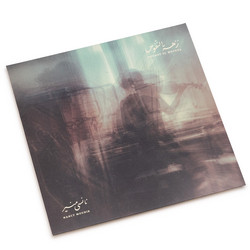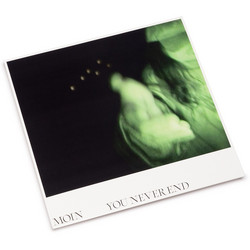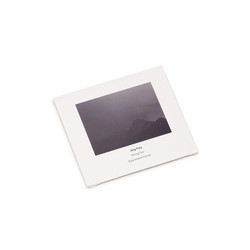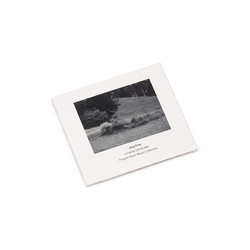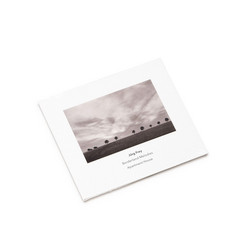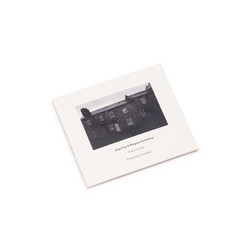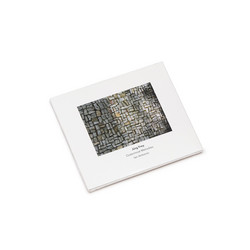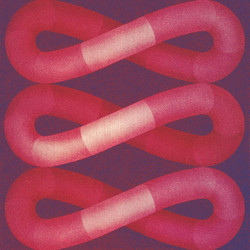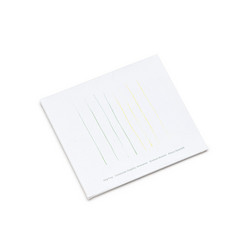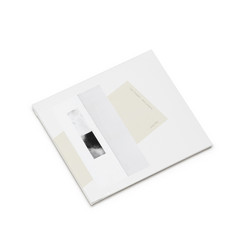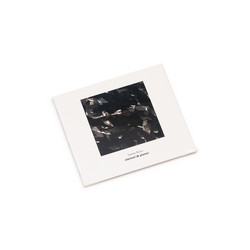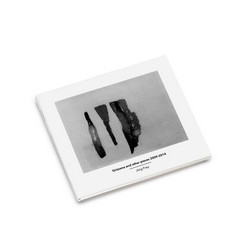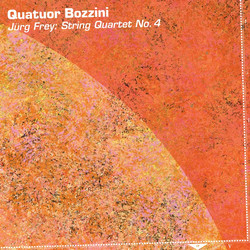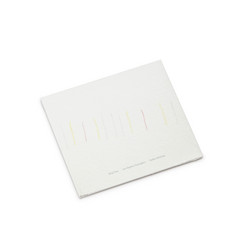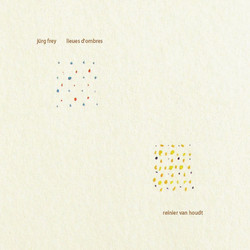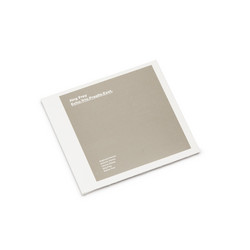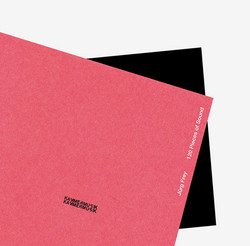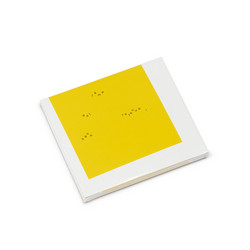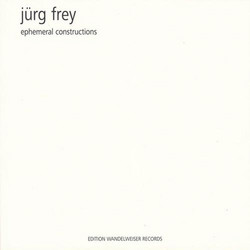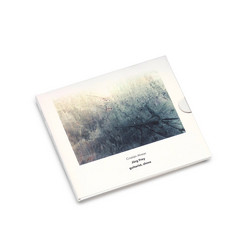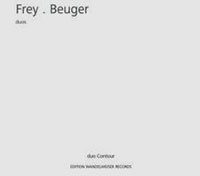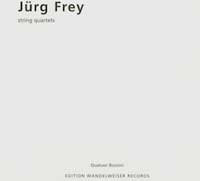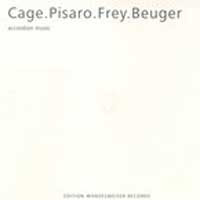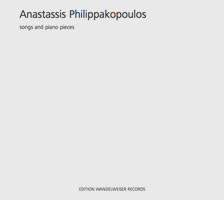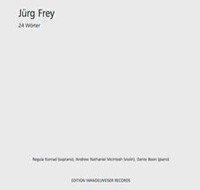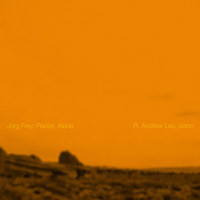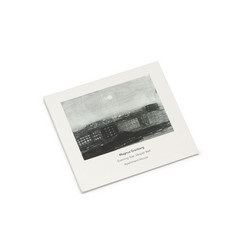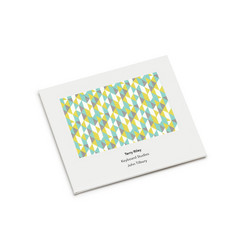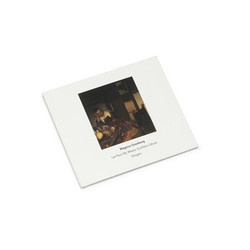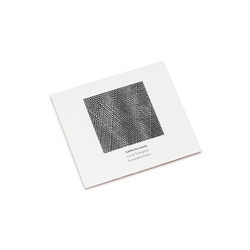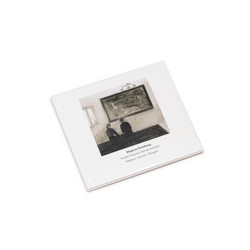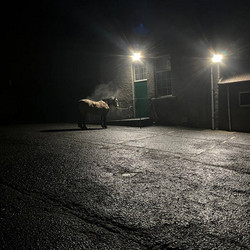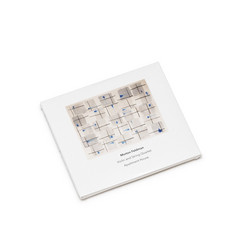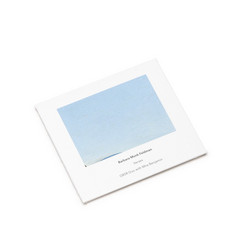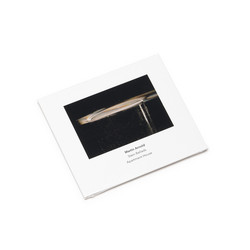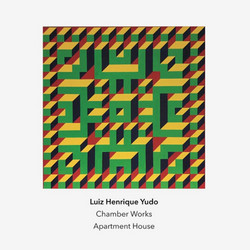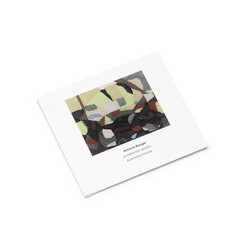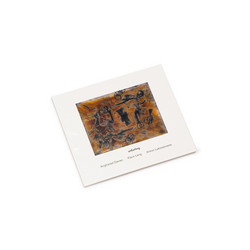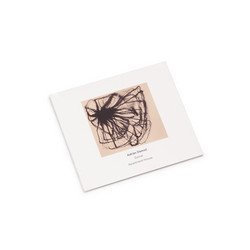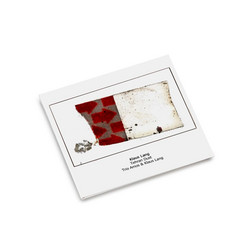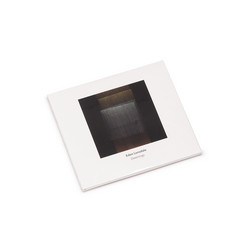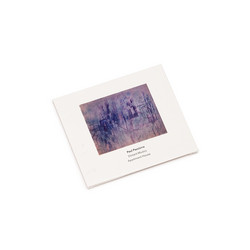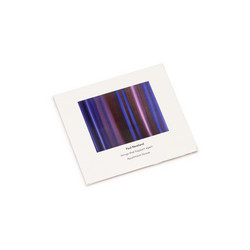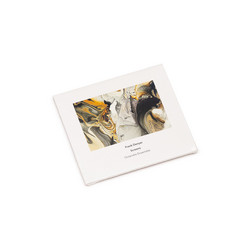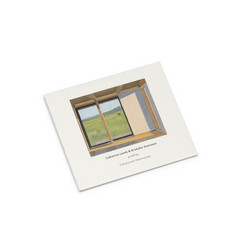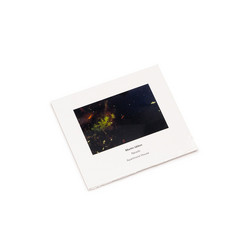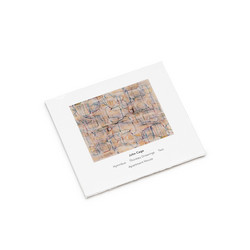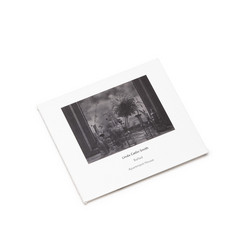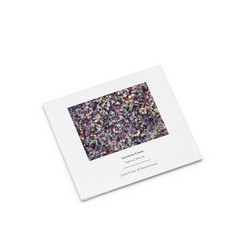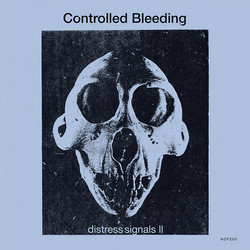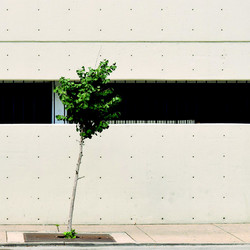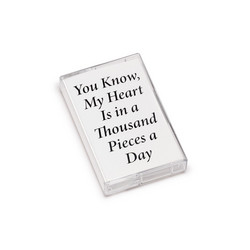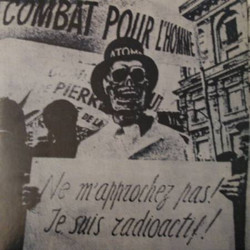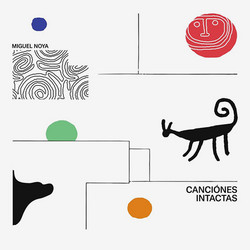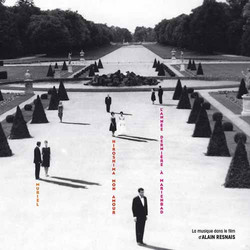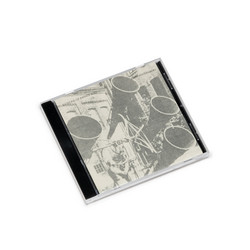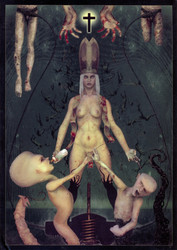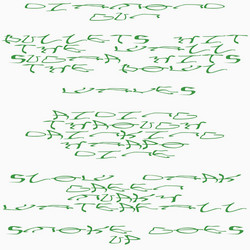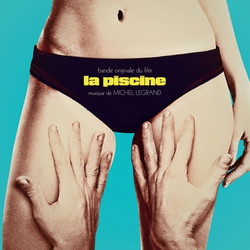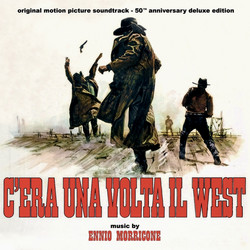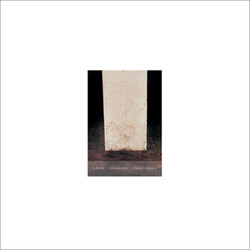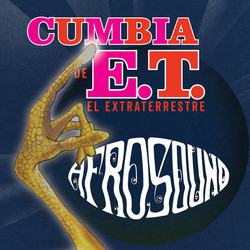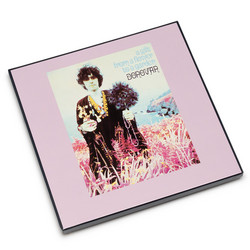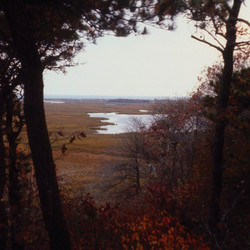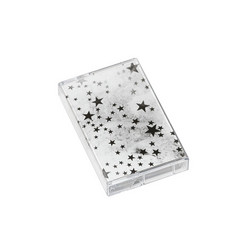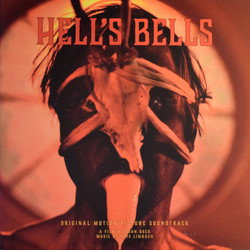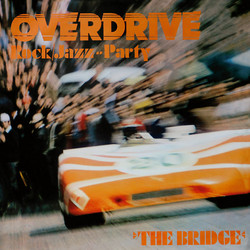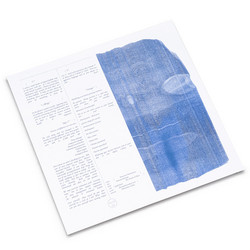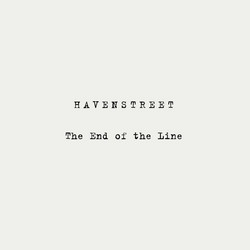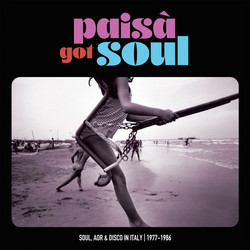A double CD with five beautiful pieces that engage with the work of the extraordinary French-Swiss poet Gustave Roud. Performers include Dante Boon, Stefan Thut, Andrew McIntosh and Jürg Frey himself.
“I think my process of work is similar to Roud’s: roaming with my sketchbook, taking a movement here, adding some notes there, following an impression, writing a little melody or a rhythmic constellation, deepening a feeling, extending a pitch, waiting and letting it happen…”
Interview with Jürg Frey
Who was Gustave Roud, and why are you so interested in his work? The poet Gustave Roud lived in the French speaking part of Switzerland from 1897 until 1976. After his studies in literature at the University of Lausanne, he realised that he didn’t want to continue the family tradition of working as a farmer. Nonetheless he lived throughout his life, together with his sister, in his parents’ farmhouse in Carrouge in the countryside north of Lake Geneva. His oeuvre is relatively small, his Collected Works comprising just three volumes. However, his enormous correspondence, his diary, and his critical writings are a testimony to his prolific consideration of literature and the arts. And in recent years his work as a photographer has also become recognised.
I first encountered Roud’s work more than 10 years ago, and the impact of his work on my music has been profound. I feel a close relationship to a poet whose mode of operation and sensitivity make a precise resonance in me. It’s a unique poetry that speaks from beginning to end of searching for the essence. I would like to compare his mode of work with that of a painter. Every day he went out, not with an easel, but with his notebook, and he wandered through the landscape as a flaneur, observer, writer, laying the foundations of his work with his notes. For me his work constitutes a kind of ‘field recording’, not with a microphone and sounds, but with his soul and body, recording his environment in the broadest sense. He perceived existential dimensions in the finest nuances of the weather, the landscape and its inhabitants, and made it the basis of his work.
All the works on the album relate to Roud’s work, but only one of them actually quotes from his texts. Do you nonetheless feel that the music is shaped by Roud’s work in some way? When I look at the pieces on the album, then I can easily analyse how Roud’s work has left traces in the music. But it’s important to point out that it’s never a matter of taking a quote or an idea from Roud at the beginning and then writing the piece according to this. It’s a much deeper connection. I think my process of working is similar to Roud’s process of working: roaming with my sketchbook, taking a movement here, adding some notes there, following an impression, writing a little melody or a rhythmic constellation, deepening a feeling, extending a pitch, waiting and letting it happen, and over a month the possibility of a piece occurs. And then it becomes connected with a picture, a detail, or a sensation that I have encountered in Roud’s work. Ombre si fragile is a piece where I felt during the composition that it would become as fragile as a shadow; it’s not just a piece about light and shade, but even more about fragility. Haut Jorat is the name of the countryside where Roud lived. The six pieces are like six photographs: sensations of air, light and landscape. La presence, les silences reflects more a feeling of being alive; standing, walking, breathing, experiencing: I am here. Roud’s landscape is not a wilderness, it’s a landscape designed and machined by the daily labour of farmers and by nature. And that is why Paysage pour Gustave Roud is also a piece about form, durations, heavy or light materials, colours. Farblose Wolken, Glück, Wind may be heard as a piece with a portrait of Gustave Roud and his internal and external landscape.
The start of the quotation from Roud that you use in ‘Farblose Wolken, Glück, Wind’ reads “Quiet joy of being alone with my thoughts my sleep my dreams…” That seems as good a summary of the mood of your music in general as I can think of. Do you think of your music as trying to express a particular mood, or is that a misleading way of thinking about your work? When I write music, I don’t try to express a particular mood. I don’t have to worry about that because it’s inevitable that the piece will express a mood. I have more the feeling that my thoughts and sensations are moving within the score, and I have to take care not to disturb this process. At the same time, this process is strongly under the influence of my actions, of my dealing with the material and my decisions. And in the case of the pieces with Gustave Roud, this work takes place within a triangle of the poet, the score, and myself. When I say that a mood is inevitably expressed, it doesn’t mean that it happens inevitably, easily and by itself. Mostly it happens in an unclear way, destroyed or impaired because of uncertainties in the working process. I think a special ability of a composer is to be able to distinguish what is right from what is wrong, and then to leave aside whatever is wrong. At the end I hope to have a piece and to express a particular mood, yes!
There has been an upsurge of interest in your work over the past 5 years. Has this affected you, your music and the way you compose? No, it hasn’t changed the way I compose. But I now have a clearer view on some aspects of my life and work: how much I appreciate having good relationships with my composer friends and colleagues, how important time and the process of waiting are to my work, and how much I’m a family person. And I have a greater awareness that I have to take care of all these things.
Who was Gustave Roud, and why are you so interested in his work? The poet Gustave Roud lived in the French speaking part of Switzerland from 1897 until 1976. After his studies in literature at the University of Lausanne, he realised that he didn’t want to continue the family tradition of working as a farmer. Nonetheless he lived throughout his life, together with his sister, in his parents’ farmhouse in Carrouge in the countryside north of Lake Geneva. His oeuvre is relatively small, his Collected Works comprising just three volumes. However, his enormous correspondence, his diary, and his critical writings are a testimony to his prolific consideration of literature and the arts. And in recent years his work as a photographer has also become recognised.
I first encountered Roud’s work more than 10 years ago, and the impact of his work on my music has been profound. I feel a close relationship to a poet whose mode of operation and sensitivity make a precise resonance in me. It’s a unique poetry that speaks from beginning to end of searching for the essence. I would like to compare his mode of work with that of a painter. Every day he went out, not with an easel, but with his notebook, and he wandered through the landscape as a flaneur, observer, writer, laying the foundations of his work with his notes. For me his work constitutes a kind of ‘field recording’, not with a microphone and sounds, but with his soul and body, recording his environment in the broadest sense. He perceived existential dimensions in the finest nuances of the weather, the landscape and its inhabitants, and made it the basis of his work.
All the works on the album relate to Roud’s work, but only one of them actually quotes from his texts. Do you nonetheless feel that the music is shaped by Roud’s work in some way? When I look at the pieces on the album, then I can easily analyse how Roud’s work has left traces in the music. But it’s important to point out that it’s never a matter of taking a quote or an idea from Roud at the beginning and then writing the piece according to this. It’s a much deeper connection. I think my process of working is similar to Roud’s process of working: roaming with my sketchbook, taking a movement here, adding some notes there, following an impression, writing a little melody or a rhythmic constellation, deepening a feeling, extending a pitch, waiting and letting it happen, and over a month the possibility of a piece occurs. And then it becomes connected with a picture, a detail, or a sensation that I have encountered in Roud’s work. Ombre si fragile is a piece where I felt during the composition that it would become as fragile as a shadow; it’s not just a piece about light and shade, but even more about fragility. Haut Jorat is the name of the countryside where Roud lived. The six pieces are like six photographs: sensations of air, light and landscape. La presence, les silences reflects more a feeling of being alive; standing, walking, breathing, experiencing: I am here. Roud’s landscape is not a wilderness, it’s a landscape designed and machined by the daily labour of farmers and by nature. And that is why Paysage pour Gustave Roud is also a piece about form, durations, heavy or light materials, colours. Farblose Wolken, Glück, Wind may be heard as a piece with a portrait of Gustave Roud and his internal and external landscape.
The start of the quotation from Roud that you use in ‘Farblose Wolken, Glück, Wind’ reads “Quiet joy of being alone with my thoughts my sleep my dreams…” That seems as good a summary of the mood of your music in general as I can think of. Do you think of your music as trying to express a particular mood, or is that a misleading way of thinking about your work? When I write music, I don’t try to express a particular mood. I don’t have to worry about that because it’s inevitable that the piece will express a mood. I have more the feeling that my thoughts and sensations are moving within the score, and I have to take care not to disturb this process. At the same time, this process is strongly under the influence of my actions, of my dealing with the material and my decisions. And in the case of the pieces with Gustave Roud, this work takes place within a triangle of the poet, the score, and myself. When I say that a mood is inevitably expressed, it doesn’t mean that it happens inevitably, easily and by itself. Mostly it happens in an unclear way, destroyed or impaired because of uncertainties in the working process. I think a special ability of a composer is to be able to distinguish what is right from what is wrong, and then to leave aside whatever is wrong. At the end I hope to have a piece and to express a particular mood, yes!
There has been an upsurge of interest in your work over the past 5 years. Has this affected you, your music and the way you compose? No, it hasn’t changed the way I compose. But I now have a clearer view on some aspects of my life and work: how much I appreciate having good relationships with my composer friends and colleagues, how important time and the process of waiting are to my work, and how much I’m a family person. And I have a greater awareness that I have to take care of all these things.
Details
Cat. number: at115x2
Year: 2017
